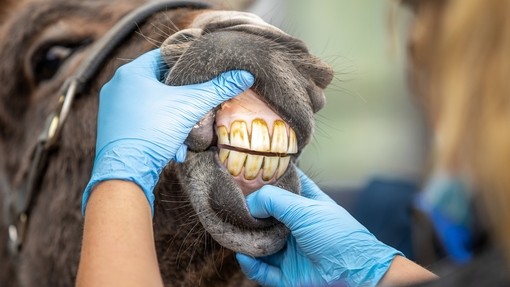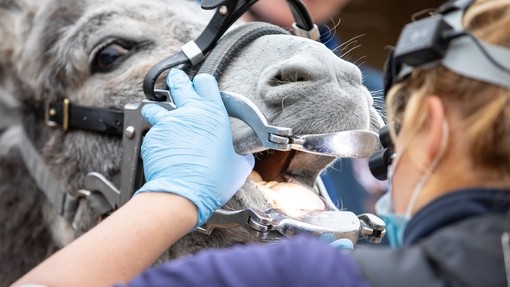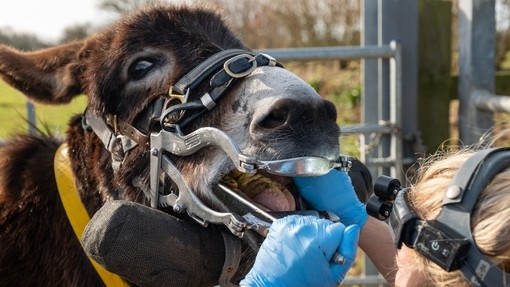Course details
There is an increasing number of therapeutic options and methods available for the treatment of common and challenging disorders. A complete understanding of the disease, therapeutic options, and potential complications is vital to an overall successful resolution of clinical signs in equid dental-related sinus disorders.
Research evidences the prevalence of dental disease in donkeys in the UK and Europe at around 80-93%. Despite a lack of obvious clinical signs, dental disease can be painful, especially in the later stages, in addition to causing terminal systemic illness such as colic and hyperlipaemia. Many equid dental diseases are preventable in their early stages, so appropriate application of clinically reasoned treatment based upon high-quality diagnostic investigation has the potential to significantly affect welfare and promote quality of life.
Prerequisites
- Successful completion of Introduction to Equid Dentistry (DENT101)
Modules
- Clinical history
- Observations and surrounding environment
- Clinical examination:
- Extra-oral examination
- Nociceptive tests
- Intra-oral examination
- Use of a dental chart
- Ancillary diagnostics:
- Oroscopy
- Radiography
- Rhinoscopy
- Endoscopy
- Sinoscopy
- CT




